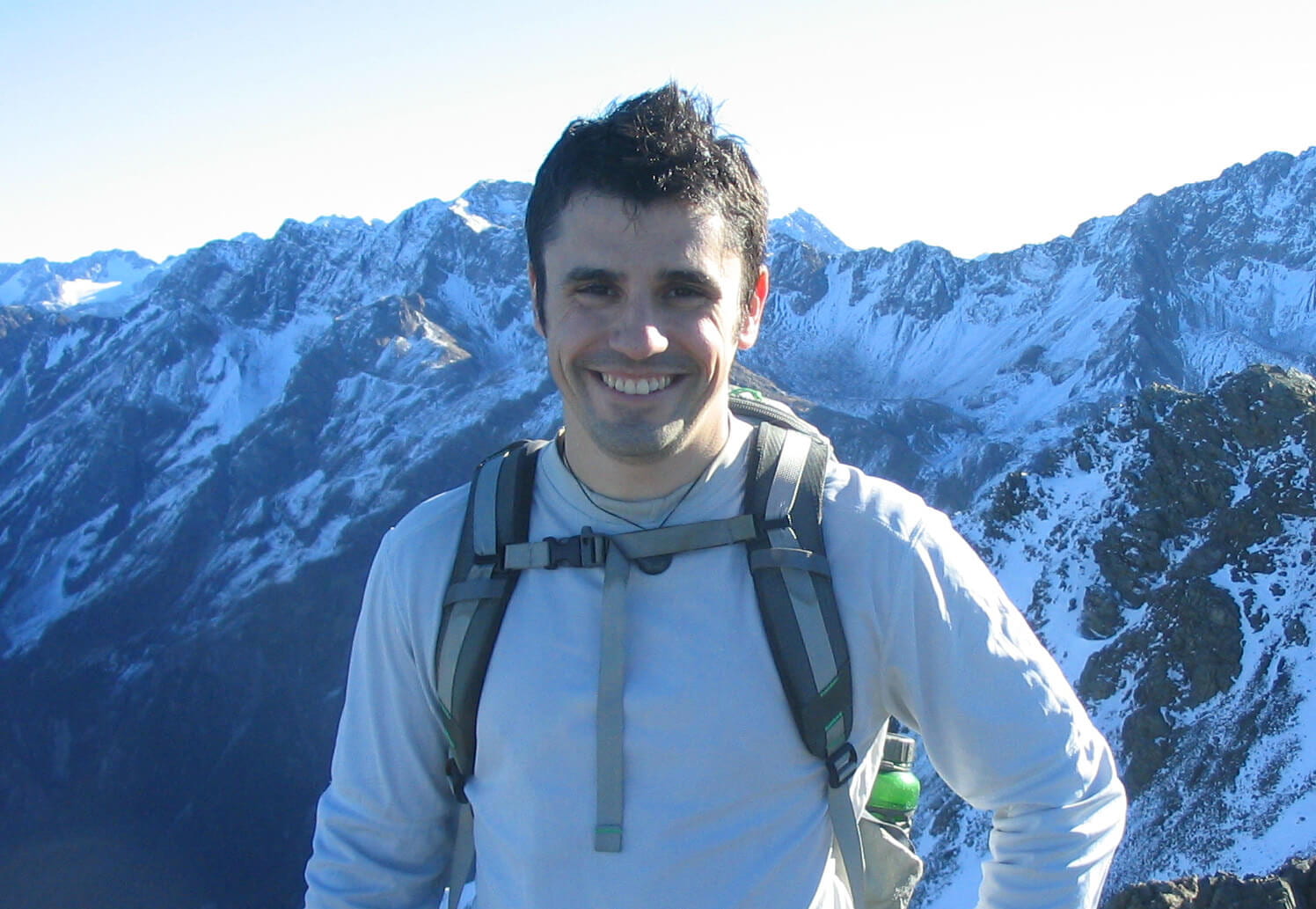Welcome to the Bark lab
The overarching goal of our lab is to identify how mechanical stress impacts upon cell and protein function in the cardiovascular system, while advancing tools to diagnose and treat disease.
Thrombosis and hemostasis: We are investigating rheological mechanisms that contribute to bleeding and/or thrombosis. Here, we combine advanced imaging, microfluidics, molecular biology and biophysical measurements. We specifically focus on platelet and von Willebrand factor mechanobiology.
Diagnostic and therapeutic devices: Using engineering fundamentals combined with molecular biology, we are developing diagnostic devices to identify hemostatic defects of blood samples. We are also focused on improving patient outcomes on mechanical circulatory support by reducing the risk for bleeding and thrombosis.
Congenital heart defects: Using zebrafish as a model and investigating human fetal cardiovascular flow, our goal is to understand the role of mechanical forces in heart development and in the formation of cardiovascular malformations.

Principal Investigator
David Bark, PhD
David Bark comes from Colorado State University, where he was an assistant professor in Mechanical Engineering. He is a recent recipient of the prestigious American Heart Association (AHA) Career Development Award from the American Heart Association. He completed his PhD in bioengineering and MS in mechanical engineering from the Georgia Institute of Technology, and completed his BS in mechanical engineering at the University of Illinois at Urbana/Champaign. His postgraduate professional experience includes research fellow positions at the University of Canterbury in Christchurch, New Zealand, and the Australian Centre for Blood Diseases at Monash University in Melbourne, Australia; postdoctoral fellow in the Department of Mechanical Engineering at Colorado State University; and postdoctoral fellow in the Department of Pediatrics, University of Colorado Anschutz Medical Campus, Aurora, CO. His postdoctoral research was supported by a National Institutes of Health (National Heart Lung and Blood Institute) F32 Ruth L. Kirschstein National Research Service Award Individual Postdoctoral Fellowship.